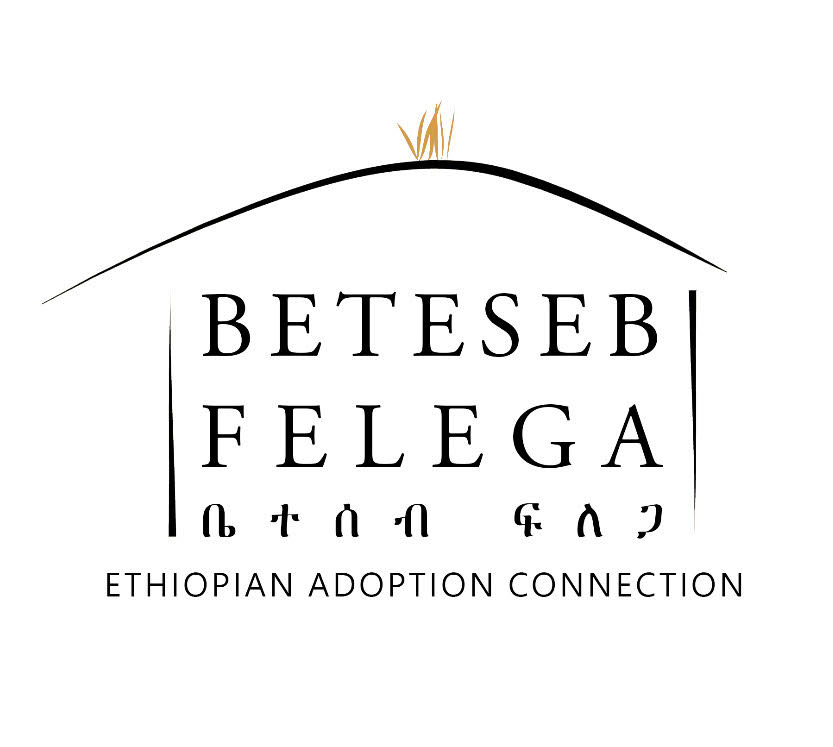2019 – This is the story of Andrea, adoptive mother and founder of Beteseb Felega – Ethiopian Adoption Connection, as told to BBC Amharic’s Meheretselassie Mokonen. It has been translated by Wongel Tefera. Find the Amharic version here.
The American Woman who connected 125 Separated Ethiopian Families
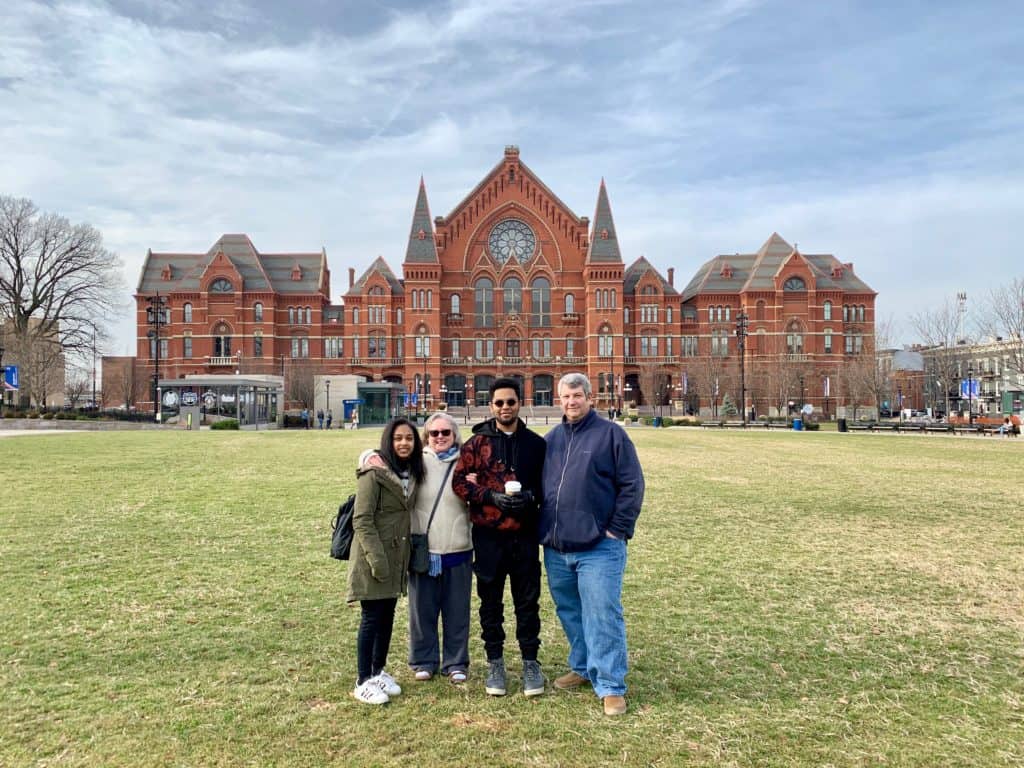
The American, Andrea Kelley has two Ethiopian children. Although she did not give birth to them, she is their mother.
Nineteen years ago, Andrea and her husband adopted a baby boy; Andrea never forgets the day she took the child home. When she held the baby in her arms, she was so overwhelmed with happiness she almost stopped breathing.
As days passed, Andrea started thinking, “where could the mother who gave birth to this child be? She wondered, “how can a mother survive without knowing where her 9 months and 5 days old child is?” That became her everyday question.
In 2002 Andrea and her husband decided to adopt their second child. They brought home an Ethiopian baby girl who was registered as “parentless” in an American adoption childcare center in Addis Ababa.
Andrea could not stop thinking about the mothers of her adopted children. This thought kept troubling her so much, she started looking for the parents of her adopted kids.
“I decided that the parents have to know the wellbeing of their children, and I started looking for them,” says Andrea.
“Beteseb Felega – Ethiopian Adoption Connection was established while trying to locate the biological parents of my children.”
Andrea began the search for the parents of her adopted children by first asking Ethiopian neighbors, “how does one locate a person in Ethiopia?”
Luckily, an Ethiopian man was willing to help her, and he sent Andrea’s daughter’s documents she received at the time of adoption to his sister back in Addis Ababa. His sister notified him that after searching, she found a friend to the mother of the adopted girl, and it will be possible to bring the child and the mother together.
At the time her daughter was two years old.
When Andrea’s adopted daughter was six, she travelled to Ethiopia and met her birth mother. Although Andrea and the birth mother did not speak the same language, Andrea remembers that she and the birth mother could read the pleasure they were each sharing through their eyes.
“My adopted child was too young then, so she did not seem that interested. But as she got older, she started to bond and get closer to her mother.”
My daughter is now 17 years old. She is in grade 11 and plays violin; she travels to Ethiopia to see her mother and they frequently talk over the phone.
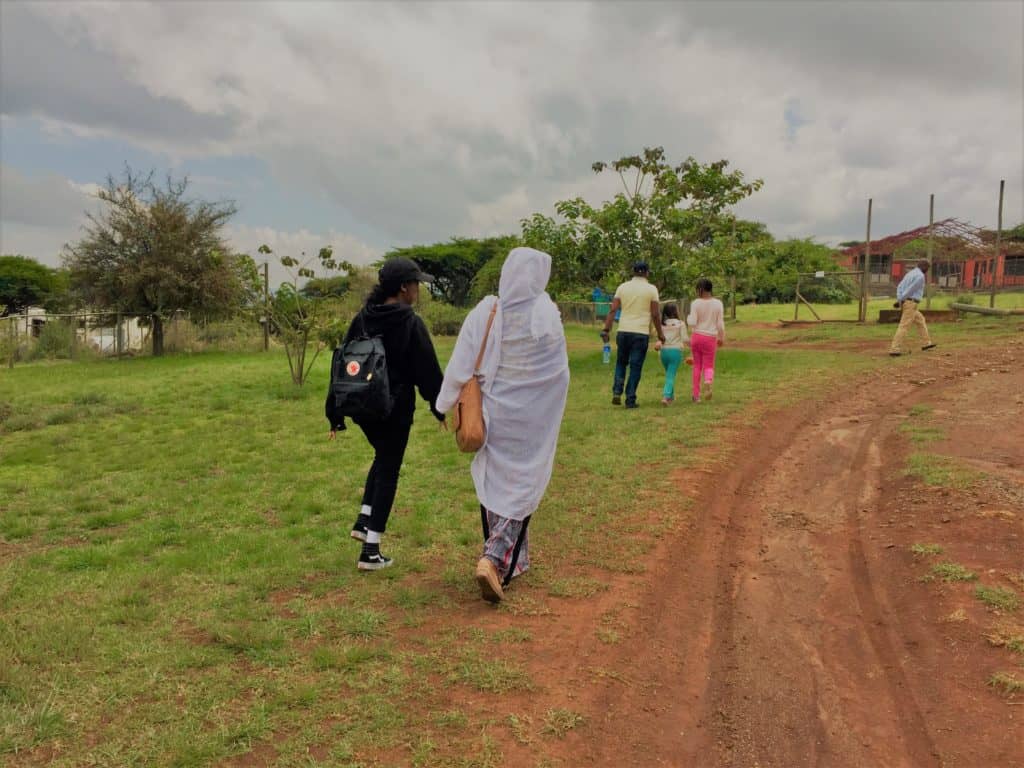
Contrary to this, Andrea’s adopted son has so far not found his parents. Since the adoption, Andrea and her husband tried to locate his parents without success.
“We repeatedly traveled to Ethiopia to search for his parents; we employed searchers to help in the search; we bought TV and Radio time as well as space in newspapers to announce our search; there is nothing we have not tried; we visited orphanages, Women and Children Office, Police Stations, Courts…. We visited every place and spent about $10,000.”
Although their efforts of the past nineteen years have failed, they have not yet lost hope.
In the process of searching for the biological parents of her adopted children, Andrea realized that there is huge gap between the Ethiopian parents and the children given for adoption.
Looking for families for twenty, thirty and more years [after adoption] is a situation shared by thousands and not peculiar to Andrea’s adopted child. Such questions like: Where is my daughter? When am I going to see my son? have been gut wrenching questions of many [Ethiopian] parents.
“Parents shall know about their children, and children about their parents. Based on my own experience, this is why I established the organization called Beteseb Felega – Ethiopian Adoption Connection that unites parents and their children.”
Beteseb Felega – Ethiopian Adoption Connection has been connecting children given for adoption and their Ethiopian families for the last 5 years. So far it has linked more than 125 families.
It may be a mother who is looking for her child or a sister searching for her brother; most don’t know where to start the search!
Adoption organizations may not be willing to provide information about the children once they have left Ethiopia. There are also times when the receiving agency or the adoptive parents stop sending reports about the children. Some [Ethiopian] parents do not know how the children left Ethiopia, where they have gone, or how they can find them.
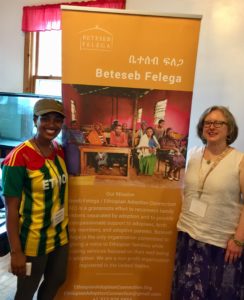
Beteseb Felega – Ethiopian Adoption Connection is working hard to fill these gaps.
This is process of searching for a child, sister, brother or close relative: First, families provide information about the boy/girl to Beteseb Felega – Ethiopian Adoption Connection: the child’s name at birth, the year the child was given for adoption, childhood photo, country adopted to, name of the adoption agency, etc.
Then, the evidence compiled about the adopted child is put in social media, mainly via the website of the Beteseb Felega Organization. Volunteers in Europe and America also help in the search. There are social workers in Ethiopia who communicate with the families in the country.
It may take weeks to years to find families of adopted children or the adopted children. It is not expected to find everyone. One may need to wait until, one day, the children or the families look for the information.
Information about adopted children is stored in the database of Beteseb Felega. Anyone can google the organization’s data base and find the data. According to Andrea, there are about 700 cases (families) that are registered in the database.
The information in the database will be retained until the children are found. Since some families don’t know where the children are taken, the search can take many years. We have volunteers in many countries who assist us.
“The Search is emotional, and I lose sleep over it”
Where did I come from? Who do I look like? Why did my parents give me up for adoption? Is my child alive? What if I die before I see my child? The existence of the adopted children and their biological parents are filled with such questions.
Children look for their parents and the parents look for the children for years. Even though they don’t know what response they will get from the other side, they don’t stop looking.
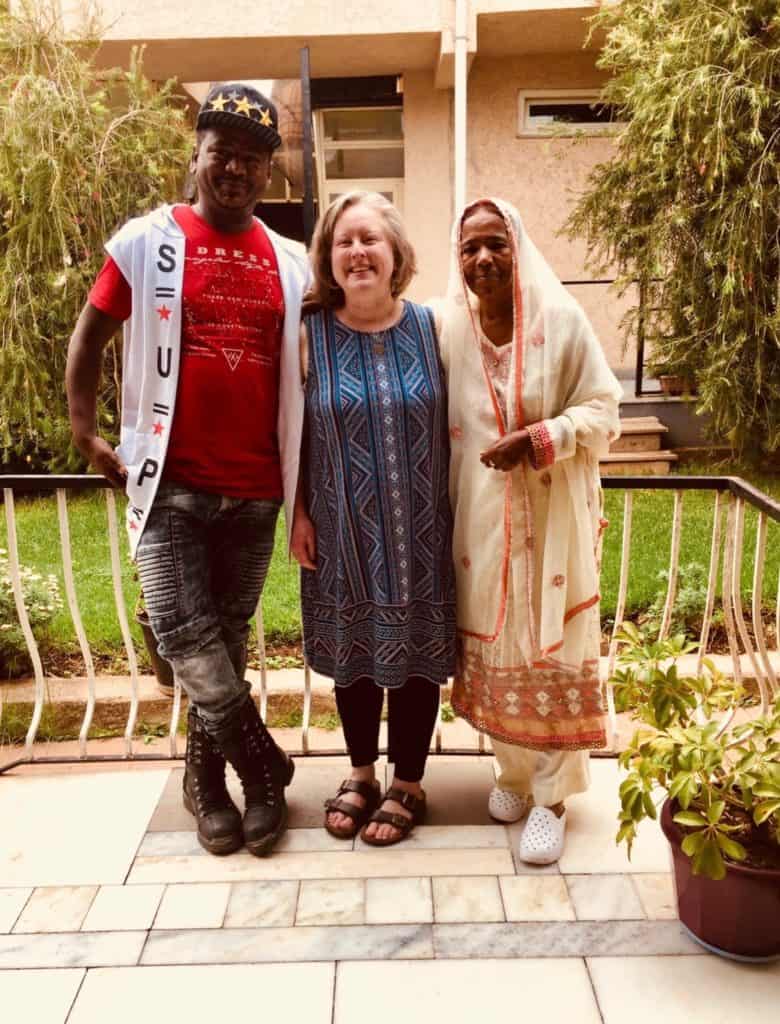
For Andrea, who is coordinating the search, there is nothing that makes her happier than hearing biological mothers and fathers say, “Thank God, my child is alive.” But there are other stories that dampen down her happiness.
“There are good days, and there are also sad ones. My job is not easy. I lose sleep over some family circumstances.”
Some adoptive families are irritated when they know the biological parents are looking for their children. Such families are not willing to connect the children with the biological parents. On the other hand, adopted children who feel the search for them is a means for getting money don’t want to connect with their parents
“What is most difficult is when children refuse to communicate with their parents. It is very hard to tell a parent, “We have found your child, but he doesn’t want to know you.”
The family stories differ from one to the other, and the outcome as well.
Andrea remembers a woman who was furious when she received the message saying, that the biological mother of your adopted child is looking for him. This woman said, “If I wanted to find my son’s parents, I would be searching for them. Who are you to intrude!”
As time passed, the boy started asking about his biological parents. The adoptive mother then reluctantly emailed Andrea, “My son is asking about his birth parents, please send me his mother’s address.”
She never forgets the story of an old man who searched for many years for his two children who were adopted to Europe. Andrea is proud that she was able to bring this father and his two children together.
“One of the stories that broke my heart was the story of one couple. They had a daughter when they were very young. They were afraid to tell their parents and they did not have money to raise the child. They gave their daughter to an orphanage until they put their life together to be able to take care of her.
“When, after a while, they returned to the orphanage to take the child back, the child was gone. She was given for adoption without their permission.”
“Since the time they asked us to look for the child, the mother was calling me at least three times a day. After much effort, we located the adoptive family, but they were not willing to connect the child to her birth parents. I was very angry. I was troubled for weeks, I was even sick. When the birth mother said, “If the adoptive parents love my child, why is it hard for them to accept me? This child shares a part of me,” I did not have any answer for her.”
Even though Andrea feels sad about these kinds of stories, she carries on with life by the joy she gets from the stories of those families who, after years of searching, have found each other and established good relationships.
